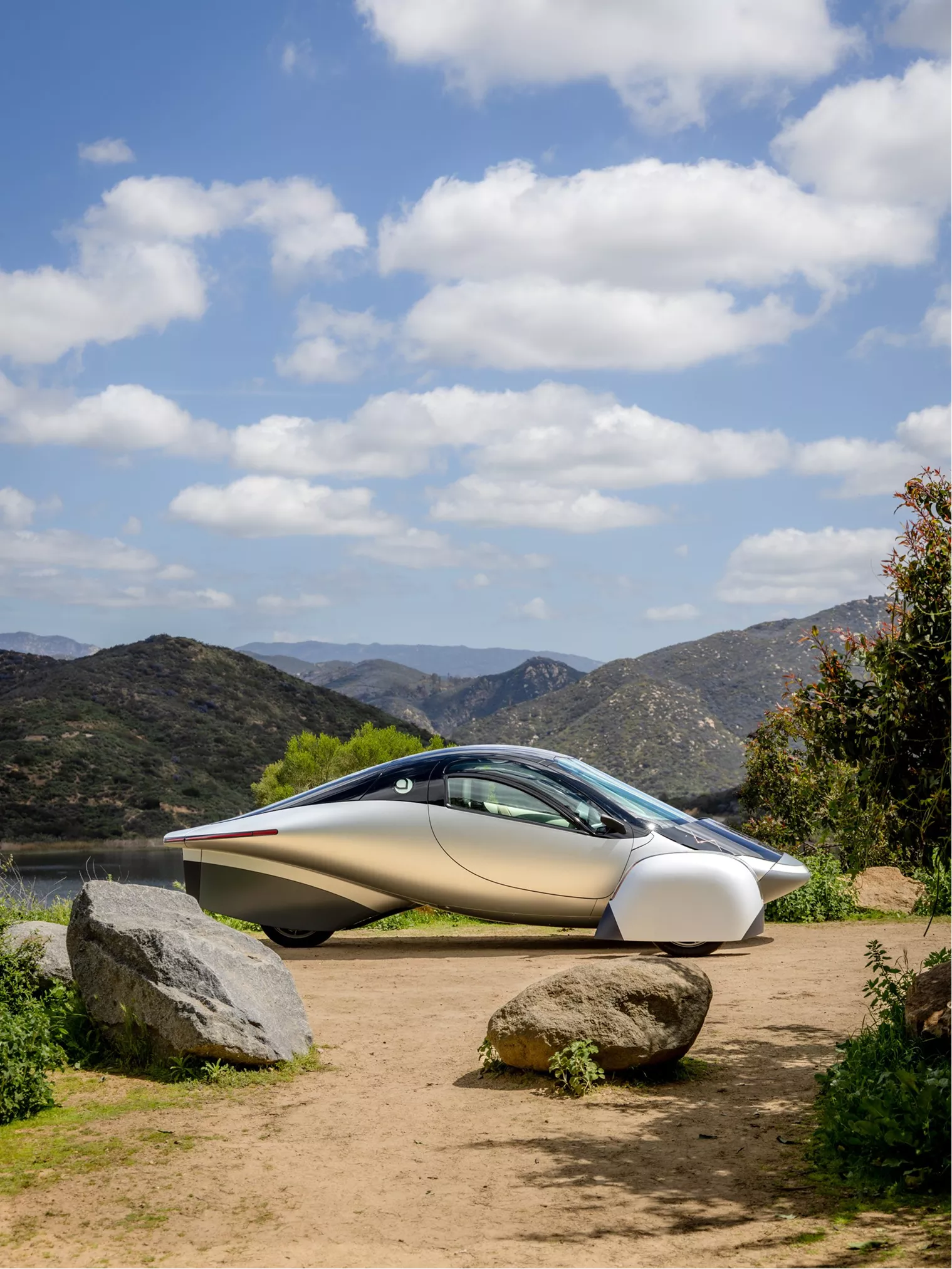






From EVs and batteries to autonomous vehicles and urban transport, we cover what actually matters. Delivered to your inbox weekly.

Xiaomi has launched its second electric vehicle, the YU7, and announced plans to produce 350,000 EVs in 2025. This builds on the momentum of the SU7 sedan and reflects a deeper investment in the EV space.
The YU7 is priced from $35,350 and offers multiple variants. The entry-level version has 315 horsepower, while the high-end version delivers 681 horsepower using a 96.3 kWh LFP battery. It’s one of the rare cases where LFP chemistry is paired with such high output.
Xiaomi has invested $1.6 billion into more than 100 EV component suppliers. This upstream investment helps reduce reliance on traditional auto suppliers and gives Xiaomi more control over the supply chain.
Unlike other tech companies that hesitated or pulled back, Xiaomi has integrated itself into China’s EV manufacturing base. It has focused on working with existing players in batteries, motors, and inverters. Its experience in consumer hardware also gives it an advantage in integrating software and interfaces.
The YU7 follows the SU7 sedan, which has already gone into production and started deliveries. Xiaomi plans to release eight EV models in Europe across its Deepal, Avatr, and Qiyuan brands by 2027. It has already opened a European HQ in Munich, and early rollouts are targeting Norway, Denmark, Germany, and the UK.
With two models in the market and a local supply strategy already in place, Xiaomi is continuing to move fast. Its plan is clear: build EVs at scale using proven partners and infrastructure.